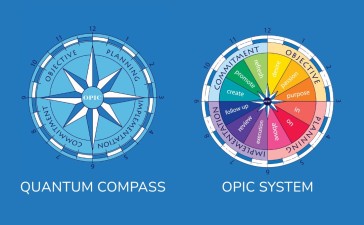As soon as you start earning your own money, financial understanding and management become extremely important. Knowing how to manage your money can not only help you to live comfortably and do the things you want to do, but it can help prevent you from sinking into debt and experiencing the stress and problems that can come hand in hand with that. Of course, money management isn’t something that we’re taught at school, and some of our parents don’t think to teach us about it either. So, the majority of us end up having to learn to manage our money ourselves. Of course, there are some key steps that can help you to get this journey off to the best start possible. Here are a few that can help you along the way!
Create a Budget
The first thing anyone who’s interested in managing their money well should do is to create a budget. By creating a budget, you can fully understand how much money you have coming in, how much goes out each month and what you have leftover to play with. To nail your budget, you should start by figuring out how much you bring in each month. Some of us make the mistake of assuming that we can simply split our salary into twelve. But this isn’t the case, as it fails to account for essential payments like tax or national insurance. Instead, run your salary through a salary calculator that will take into account deductions such as tax, national insurance and student loan repayments, showing you exactly how much you will take home each month. Next, take away essential costs. This could include your rent, council tax payments, energy payments, water payments, car payments, food shopping and anything else you need to spend each month. The figure left over is your disposable income. This is what you can spend each month without sinking into debt.
Stay Within Your Disposable Income
As soon as we have credit available to us, we can be tempted to spend more than our disposable income each month. But avoid this, it will simply mean you need to make up this money in the future and have already spent money that you haven’t even earned yet. Stay within your means in everything other than emergency situations.
Clear Debts
Already got outstanding debts? It’s important to manage these well and clear them as quickly as you can. Take a look at the interest rate on the credit cards or loans you have taken out. Browse the market to see whether you can do an interest-free balance transfer, or whether you can take out an alternative loan with a lower interest rate to pay off the original loan. This will reduce the amount you spend on interest each month and can help your payments to actually chip away at the debt.
These are just a few starter steps towards good financial management. Hopefully, they come in useful and can improve your financial situation going forward!





